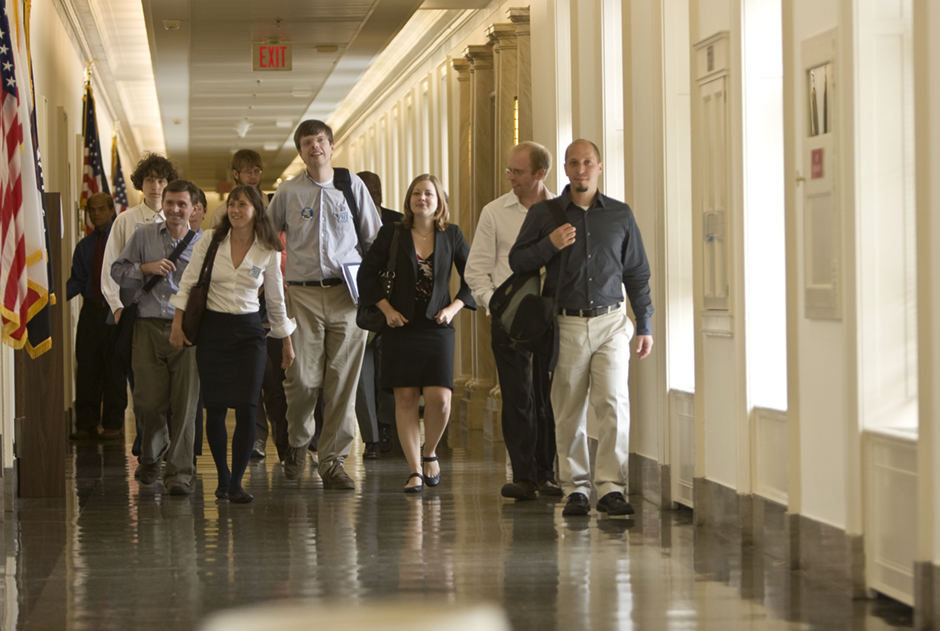Any similarity between the O&C lands and the CBWR (Coos Bay Wagon Road) lands ends with their respective management by the BLM (US Bureau of Land Management). Despite reports to the contrary the CBWR land conveyance had nothing whatsoever to do with the O&C Railroad land re-vestment. “The CBWR lands came into being through an 1869 Act of Congress in exchange for successfully constructing a military wagon road between Roseburg and Coos Bay…” The Act of 1919 distributed funds derived from the CBWR proportionately to Coos and Douglas counties. In 1937, Congress passed The O&C Lands Act which provided for the “permanent forest production; protection of watersheds and regulation of stream flow… and provisions for reimbursing the O&C counties the loss of tax revenues from the O&C lands“. Unfortunately, the drafters of the ’37 Act forgot to address the CBWR and consequently the matter had to be addressed again by Congress in 1939 to correct the omission.
How receipts collected for timber harvested from the Coos Bay Wagon Road Lands were handled was not addressed by the O&C Act of 1937. In 1939 the Coos Bay Wagon Road Act of 1939 became law. The 1939 Act established an in lieu tax payment program for paying Coos and Douglas Counties in lieu of taxes for the Coos Bay Wagon Road Lands.
The Coos Bay Wagon Road Act of 1939 not only reaffirmed the Act of 1919 and unlike the O&C lands allowed for payments-in-lieu-of-taxes or PILT that are not tethered to simply to timber harvests. Simply enforcing an existing Congressional Act will bring badly needed revenue to the county.
Upon appraisal thereof, the land and timber thereon shall be assessed as are other similar properties within the respective counties, and payments hereunder in lieu of taxes shall be computed by applying the same rates of taxation as are applied to privately owned property of similar character in such counties.
Senator Ron Wyden’s proposed O&C Land Grant Act of 2014 is set to reproduce the identical error as the 1937 Congress and give away 60,000 acres of Coos County’s tax base. It seems that a simple letter or phone call should suffice to advise Wyden’s staff of the error but last spring the county hired a lobbyist to the tune of $5,000 per month to rescue the CBWR from Wyden’s bill. Unfortunately, there is no indication the lobbyist, Ray Bucheger of FBB Federal Relations, (who also works for Jordan Cove and the Port of Coos Bay), understands the history of the CBWR any better than our current commission or has made any progress in moving Wyden’s staff in the right direction. Nevertheless, Commissioner John Sweet supports continuing the expense in order to “have an ear on the ground” while the legislative process moves forward and the county commission essentially does nothing.



Bob, why don’t YOU do it? To continue to cut our forests at this point in history, is just plain ignorant. YOU should know this better than any others. It infuriates me to hear healthy forests used as bargaining chips, and it should make the rest of the voters furious as well. Completely irrational to use forests to fund any damned thing !!!
It’s the 21st century Bob, not 1850 !
Since you and Sweet and What’s Her Name don’t answer emails from the public. I take that back, you did respond once, years ago.
From your article above:
“It seems that a simple letter or phone call should suffice to advise Wyden’s staff of the error” Hummm! I have had countless meetings, over the past six years, in person and by phone with the Senator and his staff concerning the differences and why the Coos Bay Wagon Road lands and the O&C lands should not be combined. You accurately state the differences in your article, but the Senator and staff don’t seem to understand or don’t want to understand. It would be a simple matter for the Senator to separate the CBWR from the O&C in his bill. Also, the Senator seems to believe that management of the CBWR and O&C by the counties is the same as ownership. The O&C board of directors support the separation of the CBWR and O&C lands. Several weeks ago, an editorial in The Oregonian pointed out what the O&C board and Rep DeFazio have been urging the Senator to consider. At long last, there may be some movement in the direction of reasonableness by the Senators staff, which will feed hungry children and provide family wage jobs to rural Oregonians.
See The Oregonian editorial: http://www.oregonlive.com/mapes/index.ssf/2013/11/ron_wyden_releases_oc_forest_m.html
Bob Main